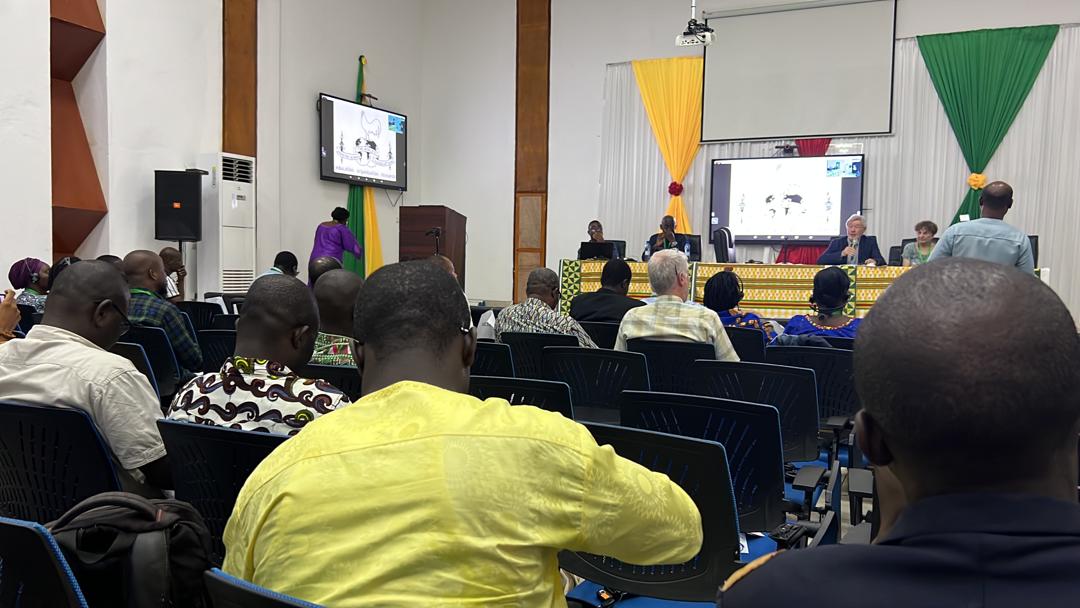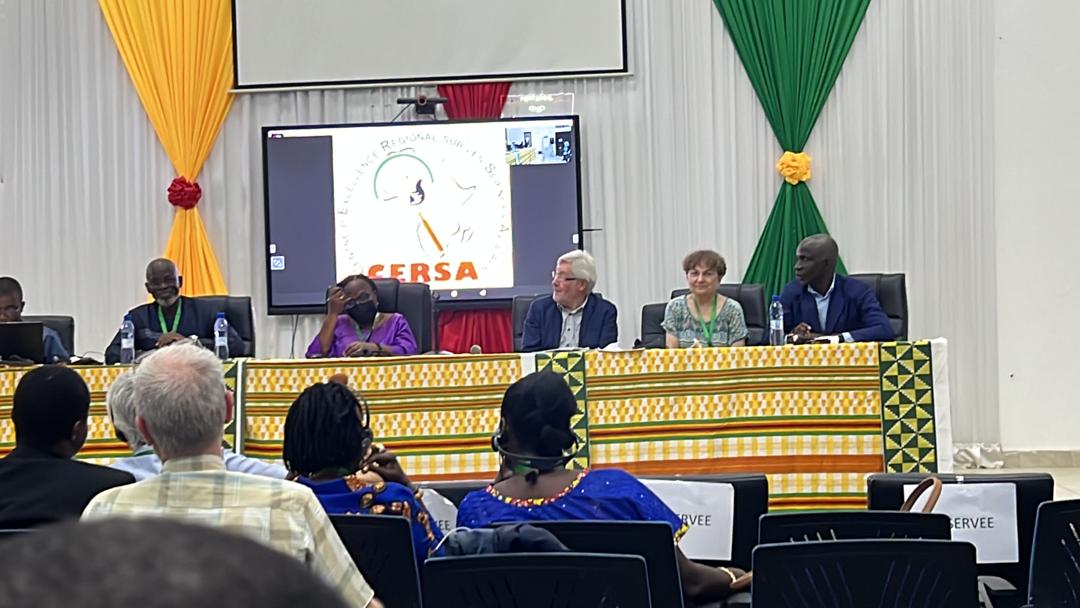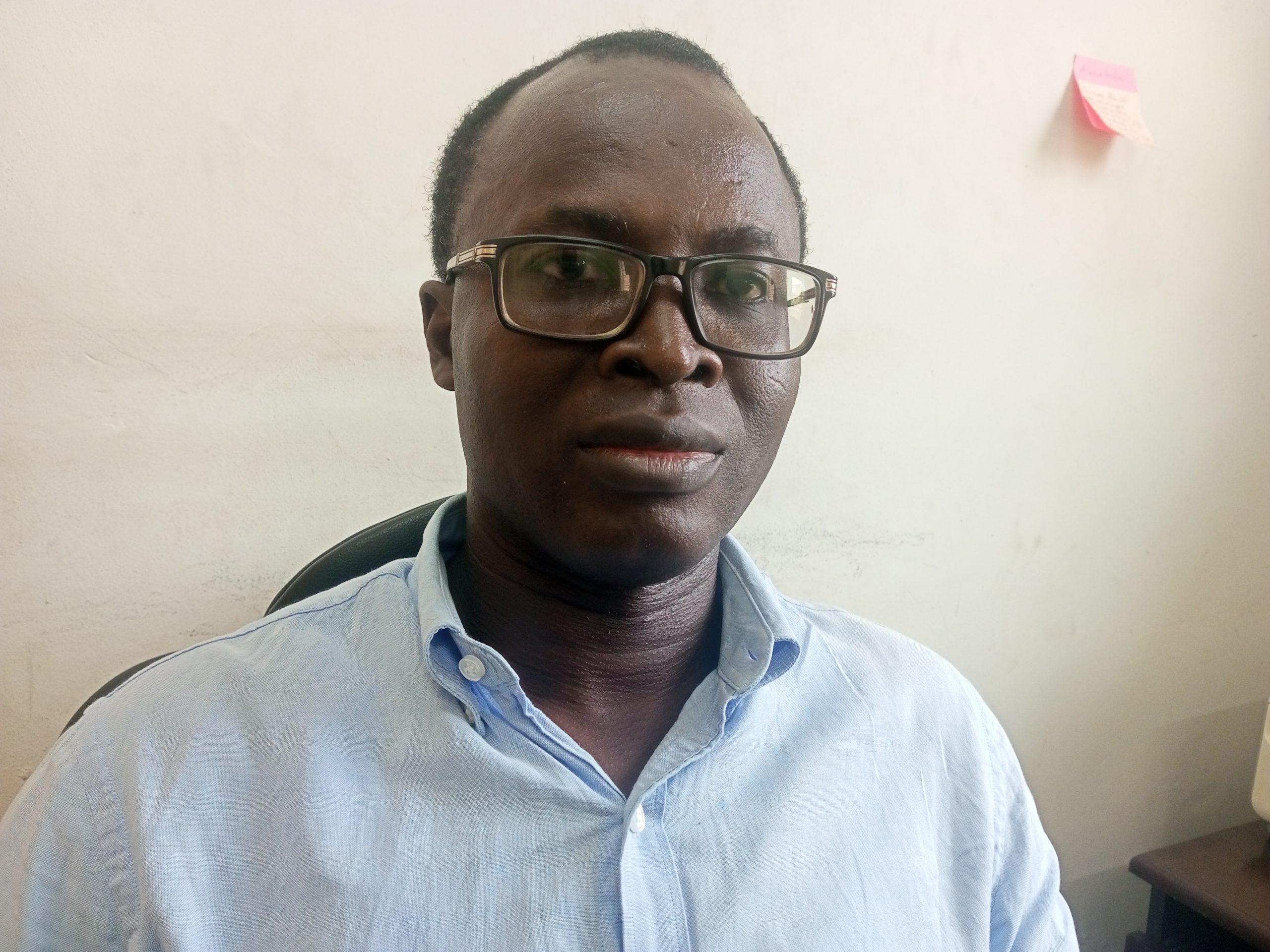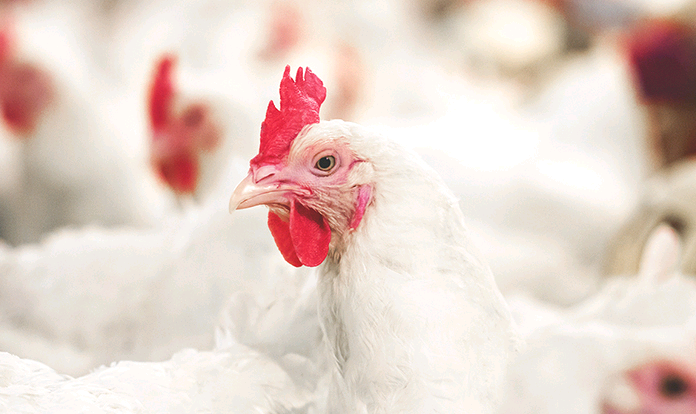
Poultry production: What can developing countries learn from EU Companies?
Prof. Jacob Alhassan Hamidu, Poultry Expert and senior Lecturer at the Department of Animal Science, Faculty of Agriculture, College Agriculture and Natural Resources, Kwame Nkrumah University of Science and Technology, Kumasi, Ghana is wondering what African countries and its poultry companies are doing to compete vigorously with their peers in Europe and the rest of the western world.
According to him, we have heard a lot of presentations from EU companies at the Pan African Poultry Conference. One visible observation is that we saw that the Dutch (Belgium/Netherlands) were more focused on animal production innovations (especially chicken) and increased production for global purchase.
He personally sees that most Africa poultry problems are in two ways: identifying the main trade forces in poultry meat importation and lack of technical efficiencies. Our governments always promise to help farmers and increase production Vis a Vis to reduce frozen meat imports.

He made these observations at the 2nd Pan African Poultry Conference held at the University of Lomé, Togo May 16 to 18, 2023.
However, this is not possible to him, because mostly the people who import poultry products are the government agents or those who are in the Ministries that should implement the policies that will impact importation. If these people have the capacity/monies to make these huge imports why not use these monies to increase investment in innovations such as proper infrastructure like controlled housing, hatcheries, and feed milling plants and meat processing plants and freezer?
What are the steps to using the appropriate technical forces in their countries to support the investment to survive competition? He has currently convinced some big poultry companies in Ghana who were at the verge of collapse to provide them with technical support and this has started to revive these farms. For new entrants we are involved in the early design, set up and training of managers and labour to offset any failures.

These practices were undertaken to reduce the risk associated with diseases and inefficiencies with starting poultry operation of the poultry sector and make them attractive to new investors.
Obviously our gathering here should develop such models to support producers and not just formulate good research and discuss, so active extension should be part of our work. In this example he is on the field and on the road on some days after or when I have not lectured, checking the feed formula and feed ingredients quality, helping to make orders for quality chicks, troubleshooting at the hatchery, providing training for staff, and holding discussions with owners. However, governments should have the good will to let the farmers and scientists get the needed support.

The take home is that to increase financing in the Agricultural sector, Africa poultry revival needs the scientists but more can be done with strong will from the three stakeholders: governments, producers, and scientists. This will make investors comfortable to put their monies into new establishments and they will be sure to reduce cost of production and make our local producers competitive to remove imports. This also had potential to increase jobs or reduce unemployment, reduce poverty and increase livelihood especially to vulnerable people women and youths.



